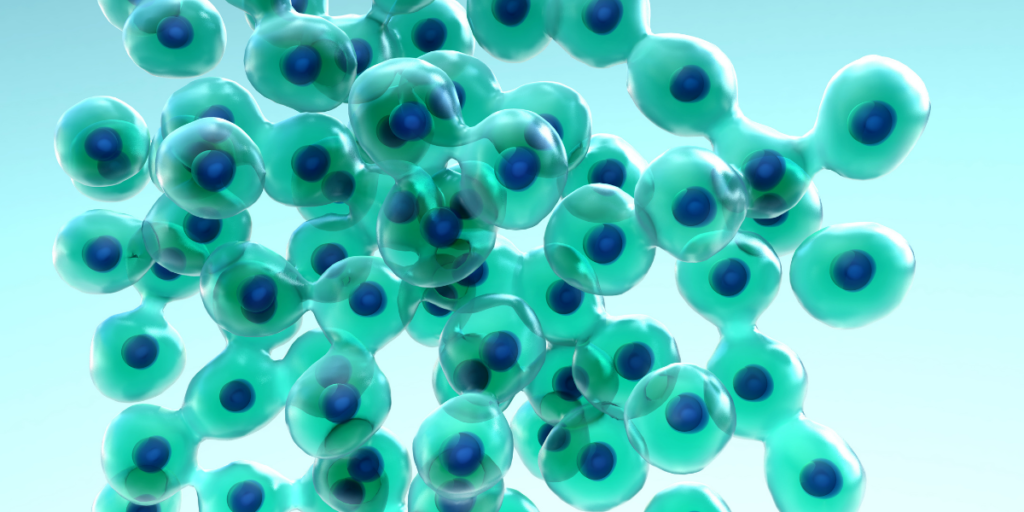Can we survive without food? The answer is no. However, can we live with little food only? Yes! We thought that having three meals a day was a must. Breakfast, lunch and dinner are compulsory for most people.
Due to our regular meal routines, we all share a similar daily dilemma – what to eat next. However, overeating has adverse effects. Therefore, occasional fasting might be beneficial for our bodies. In this article, we will explore the overview of intermittent fasting.
Disclaimer: This article is only for educational purposes. If anyone wants to execute a new diet routine, please consult your doctor beforehand.
What is Intermittent Fasting?
Intermittent fasting is a trendy diet routine. It involves restricting daily food portions by only eating at certain hours. Many scientific studies have backed this practice. Many have joined the bandwagon to try out this trend.
Mark Mattson, a John Hopkin neuroscientist, has studied intermittent fasting for 25 years. The primary finding is humans can survive without food for hours or even days. Before humans learned how to farm, they hunted for survival. During those periods, the food supply doesn’t come easily.
Starving was the norm for our ancestors. So naturally, they were forced to fast until they got another batch of food supply. Therefore, fasting is primarily safe for us.
How does it work?
There are many types of fasting. Here are a few:
- 16/8 fasting – This refers to eating for 8 hours and stopping eating for 16 hours.
- 20/4 fasting – This refers to eating for 4 hours and stopping eating for 20 hours.
- 5:2 diet – This refers to eating for 5 days, and for the rest 2 days, only consume 500-600 calories.
- Alternate-day fasting- Eat a normal portion for a day, then fast entirely the next day.
How we choose depends on our work schedule.
For example:
C works a standard 9 am-5 pm. However, he finds it easier to start his first meal after 5 pm. He is one of the people that feel significantly tired after having lunch. Fasting helps him be more focused at work.
What to eat
There is no specific diet requirement. It’s imperative not to drink sugary drinks during the fasting period. Drink plenty of liquids, especially water. If we consume too much junk food, it will waste the effort of fasting long hours.

The Benefits
The most well-known benefits of intermittent fasting are weight loss and improved metabolic health. However, the science behind weight loss is ketosis.
Ketosis
Ketosis breaks down stored fat into energy when our body lacks sufficient sugar to produce energy. Our body uses fat instead of sugar to generate power for our body to function, releasing a substance known as ketones during the process.
As ketones flow through our body, it enhances insulin sensitivity (blood sugar regulation) and decreases the inflammation in our body. In short, it induced a series of responses toward metabolisation. That helps us on handling stress better.
Cell Regeneration
Constant feeding and fasting are beneficial for cell repair. Intermittent fasting is considered an eating pattern rather than a diet. It’s about when we eat, not what we eat.
This process allows our cells to switch from building mode to rest. It gives our cells a chance to repair and replace the dead ones. Continuing this eating pattern teaches our cells to utilise better the carbs, fat, and protein that we consume.

Overall
Fasting improves brain and heart health, such as an illness like Alzheimer’s disease. Studies portrayed that intermittent fasting could curb brain cell death.
The state of lacking carbs can penetrate and stimulate our brain. Additionally, it amplifies our capability to memorise and learn.
What are the side effects?
As the hunger builds up, people experience headaches, nausea, fatigue, disrupted sleeping patterns, constipation, etc. When our body is low on sugar, we become irritable and anxious.

What are the risks?
Eating disorder
Intermittent fasting done wrong can potentially lead to an eating disorder. Without the proper instruction or education, people might fast incorrectly.
People generally execute fasting to achieve weight loss. It triggers an eating disorder if they fixate on their body weight. Also, people might be prone to binge eating behaviour after fasting for long hours.

Ideally, people should stick to a healthy diet after fasting for long hours. However, the fast-breaking period does not equate to the ‘break free’ period. It does not award us the free pass to eat junk food.
Malnutrition
Intermittent fasting is not solely about skipping meals or just holding the urge to eat. It is a routine that requires strong discipline to do it. Precisely, it’s about how people utilise the short eating hours window to get the most nutrients.
People can survive with little food if they consume enough nutrients to sustain themselves for the day. If people are ignorant about their food intake or only eat a particular food, it will lead to malnutrition.
Dry fasting is a type of fasting that involves restriction fluid and food intake. It can lead to severe dehydration.
Low blood sugar
Calories restriction causes less energy for the body. Therefore, it is detrimental for people who have diabetes. Additionally, people on diabetic medication to control blood sugar should avoid intermittent fasting.
Their blood sugar level will potentially drop to a dangerous level. One may faint and trigger another medical condition. Thus, never do it without adequate information.

Who shouldn’t do it?
Pregnant ladies or ladies who are breastfeeding should not try this. This diet is also not suitable for children. People with medical conditions (gastric, kidney stones or diabetes, eating disorders) too should refrain from attempting this.
Pregnant Ladies
Getting sufficient nutrients is their primary mission. Weight loss is out of the picture. Unplanned intermittent fasting is risky to conduct without a professional’s supervision.

Vitamin deficiency can harm fetus development. A pregnant lady should have a minimum of 300 calories in their diet as it is essential for a healthy pregnancy.
According to The Journal of Nutrition from Oxford Academic, pregnant ladies who went through Ramadan fasting had a higher risk of premature birth, especially during the second trimester of the pregnancy.
Breastfeed women
Post-pregnancy is a phase for women to recover. At the same time, some decide to breastfeed their newborns. Regardless of which purpose, both require good nutrients.

Particularly, breastfeeding mothers often need to ensure their milk supply. To safeguard the consistency of milk supply, they need specific nutritional needs to cater for it. Intermittent fasting causes weight loss due to fewer calories intake. Therefore, it might affect the volume and composition of breast milk.
Children
For similar reasons, intermittent fasting will affect the growth of the fetus. Even if infants are no longer babies, they are still far from being an adult. Children are still in the rapid growth period.

They need to consume enough calories to grow continuously. On the other hand, children might be obese if parents neglect their diet. Intermittent fasting is only safe with proper guidelines and supervision by a professional or doctor.
Others
Thin and older people also must be careful when trying intermittent fasting. Although fasting can lose fat, losing muscle mass might be faster than losing fat. They need to beware of bone loss during fasting too.
Dr Cha’s experience
It has been six months since I embarked on this journey. So far, it has been a pleasant experience. The most noticeable outcome is I lost 3kg and hit the lowest weight of my life.
Although my weight rebounded during the festive season, there was still a positive outcome for my physique. My abdomen is much leaner. I started intermittent fasting because of my inactive lifestyle, and I gained weight.
My fasting routine is 16 hours of fasting with 8 hours of eating. My last meal is around 8 pm. The first meal of the day is around noon. I break my fast according to the exact hours I set. Somehow, on some days, I broke fast half an hour late. I allow some space for myself to ‘fail’ depending on my work schedule.
I tried not to corner myself too much at the beginning. I wanted this whole experience to be long lasting, so I didn’t give up too early. Another outcome that I notice is lesser bowel movement (due to less food intake). Overall, it has been a positive experience for me.
My suggestion to anyone who intends to try intermittent fasting:
- 1. Start gradually.
- 2. Do not fast for 16 hours on the first attempt.
- 3. Allow yourself some time to adjust.
The key is to stay consistent and commit to it.
Conclusion
Intermittent fasting might seem the best way to stay healthy, but there is so much more. However, there are not enough studies conducted regarding its long-term effects.
Human has evolved in many ways, and our diet is no longer that simple. We rarely read the food label these days. Most foods are made with chemical substances (approved and disapproved) to enhance their flavour and texture. There were fewer medications back then too. Nonetheless, always remember to consult a dietitian or doctor before embarking on your journey to intermittent fasting.
Reference:
- 1. https://www.hopkinsmedicine.org/health/wellness-and-prevention/intermittent-fasting-what-is-it-and-how-does-it-work
- 2. https://www.mayoclinic.org/healthy-lifestyle/nutrition-and-healthy-eating/expert-answers/intermittent-fasting/faq-20441303
- 3. https://newsnetwork.mayoclinic.org/discussion/mayo-clinic-q-and-a-long-term-benefits-and-risks-of-intermittent-fasting-arent-yet-known/
- 4. https://www.webmd.com/diet/news/20200624/behind-the-intermittent-fasting-fad
- 5. https://www.webmd.com/diet/a-z/intermittent-fasting
- 6. https://academic.oup.com/jn/article/149/10/1826/5518964